In 2023, the government proposed an agrarian reform project that aims to grant campesino farmers 1.5 million hectares by 2026. As of March 2025, the government is in the process of redistributing – or has already redistributed – over 1 million hectares of land. But the reform, by their own account, is going more slowly than they’d hoped.
WHAT WE’RE ASKING
We’re asking the Colombian state to sustain and expand its Agrarian Reform plans. In implementing it, campesinos, Indigenous, black, Afro-descendant, raizal, palanquero Peoples and fisherfolk should be included, with special attention to young people and women. This plan should recognise their right to a dignified life and their role in protecting and managing the country’s biodiversity and food sovereignty.
WHAT SPECIFICALLY NEEDS TO HAPPEN
- Establish annual redistribution targets, including the active participation of and protections for rural women and youth
- Clearly define institutional responsibilities
- Enforce implementation and monitoring mechanisms
- Allocate sufficient economic resources and establish a roadmap to revitalise Colombia’s rural economy
- Establish protections against foreign ownership and control over land
- Implement effective protocols to monitor and respond to cases of land-grabbing
